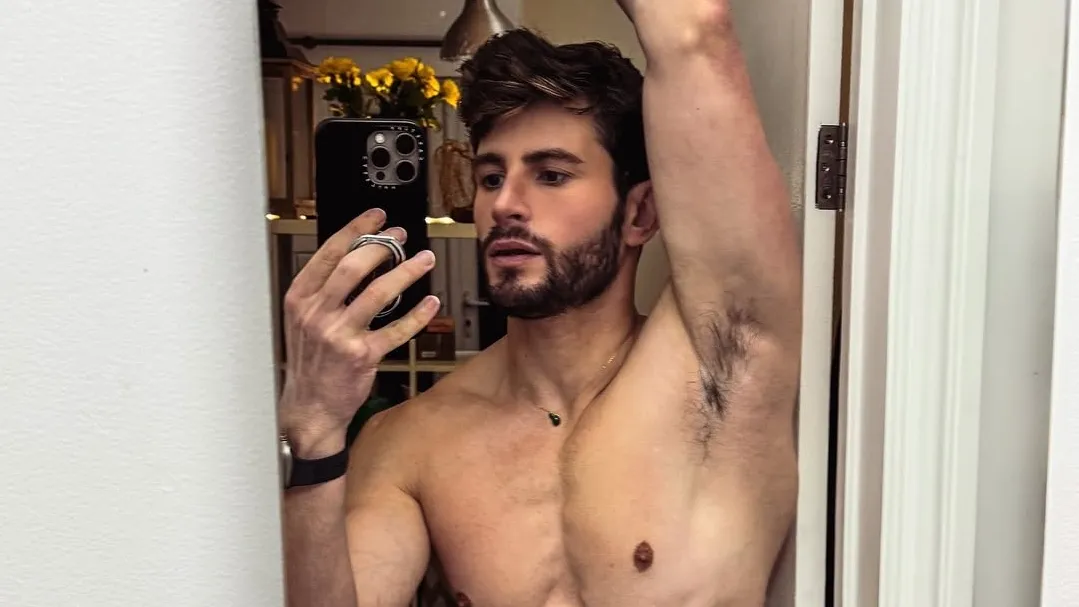April 22, 2015
New Orleans Goes Smoke-Free
Matthew Wexler READ TIME: 3 MIN.
Smoking in bars and casinos is coming to an end even in this notoriously freewheeling and fun-loving city where drinking on the street and watching a bawdy burlesque are the norm.
Starting at midnight Tuesday, smoking will no longer be permitted in bars, gambling halls and many other public places such as hotels, workplaces, private clubs and stores.
For many locals, a ban on smoking seemed unthinkable in this city that loves to tout itself as the capital of the laissez-faire attitude. The prohibition includes smoking electronic cigarettes indoors in public places.
"As other cities changed and we made no groans and moans, I thought we'd leave it alone," said Glenn O'Berry, a 66-year-old bartender at Kajun's Pub in Faubourg Marigny neighborhood. He sat smoking cigarettes at the bar's long, curved counter on a recent quiet afternoon.
O'Berry came to New Orleans in 1976 from Virginia and like so many other visitors was thrilled by the city's tolerant attitude. Back then, he remembers being told he could drink alcohol on the street.
"That's what made me fall in love with the city," he said. "That freedom."
He said the smoking ban would leave New Orleans "with a little bit less of that whimsical, devil-may-care attitude."
The ban was passed over the objections of bar owners and Harrah's New Orleans, the city's major downtown casino. Last Friday, owners of the casino and dozens of other businesses filed a lawsuit seeking to stop the ordinance from taking effect. A state judge declined to stop the city from enforcing the ban but set a May 21 hearing on the matter.
"All we've been trying to do with this lawsuit is slow the process down," said Alex Fein of the Court of Two Sisters restaurant and bar. "We don't feel like they vetted the process enough."
Business owners warn that the ban may cut into revenues by as much as 20 percent in the first year.
The City Council passed the smoking ordinance in late January and Mayor Mitch Landrieu quickly signed it into law. The city's leaders are supporting the ban primarily as a health measure and say bans in other cities have not hurt business profits in the long run.
The ban has enjoyed the support of many prominent musicians who complain that smoky bars are unhealthy.
"This is my instrument, and I need to be able to breathe when I'm trying to sing," said jazz singer John Boutte, who says he stopped smoking more than 14 years ago. "I know you have a right to smoke, but I have a right not to smoke, too. So, I mean, we have to make a compromise somewhere in there. I'm not going to tell you not to smoke. I just don't want you to blow it in my face."
Boutte performs regularly at d.b.a., a club on Frenchmen Street that voluntarily went smoke-free years ago.
The ban, though, will be a big change in a city with more than 500 bars, many of them neighborhood hangouts where smoking is part of the fabric of life.
"I don't agree with no part of it," said Larry Simmons, a 52-year-old tractor-trailer driver hanging out in a favorite of his, a living-room sized place called the Mardi Gras Lounge. "Cigarettes shouldn't be on the market if you can't smoke them where you want to."
If he can't smoke, he said, he'd think twice about going out to the bar: "It's going to slow me down. I'm not going to go out there to the bar every day."
In Louisiana, about 25 percent of adults smoke, according to federal data. At least 12 major U.S. cities allow smoking in public places - generally bars - according to the American Lung Association. The other cities are Philadelphia; Atlanta; Miami; Las Vegas; Fort Worth and Arlington, Texas; Memphis and Nashville, Tennessee; Jacksonville, Florida; Virginia Beach, Virginia; and Oklahoma City and Tulsa, Oklahoma.
Matthew Wexler is EDGE's Senior Editor, Features & Branded Content. More of his writing can be found at www.wexlerwrites.com. Follow him on Twitter and Instagram at @wexlerwrites.


